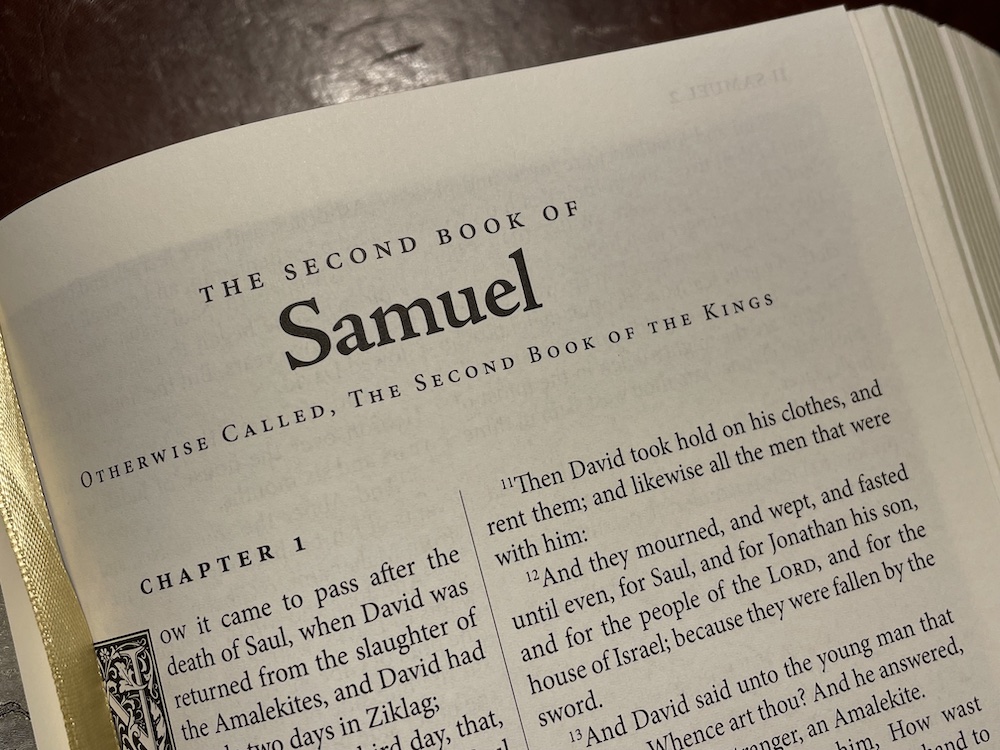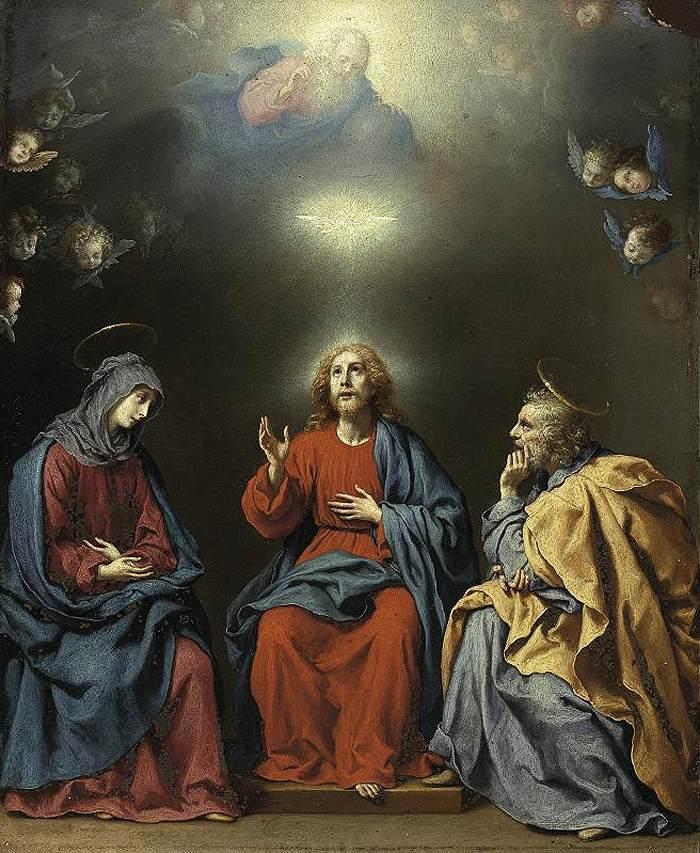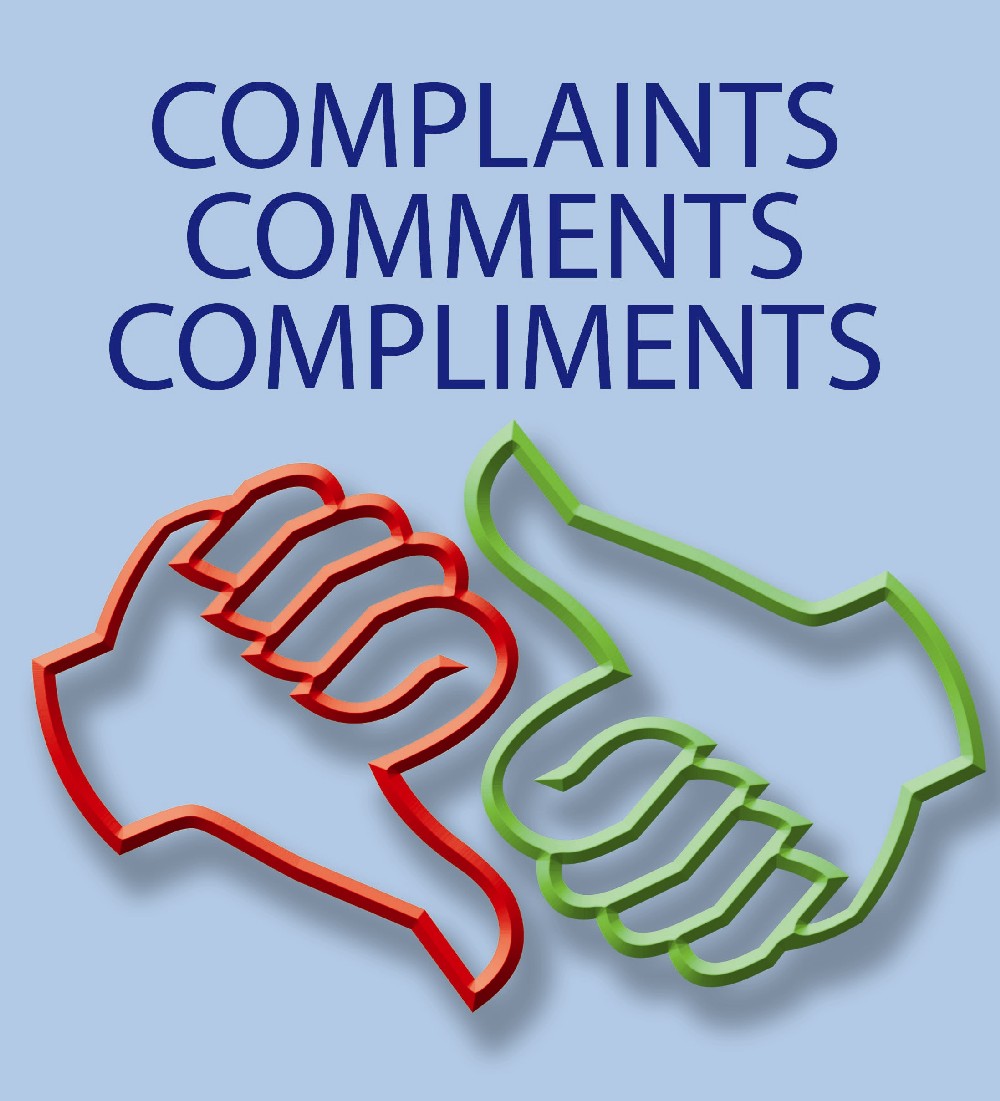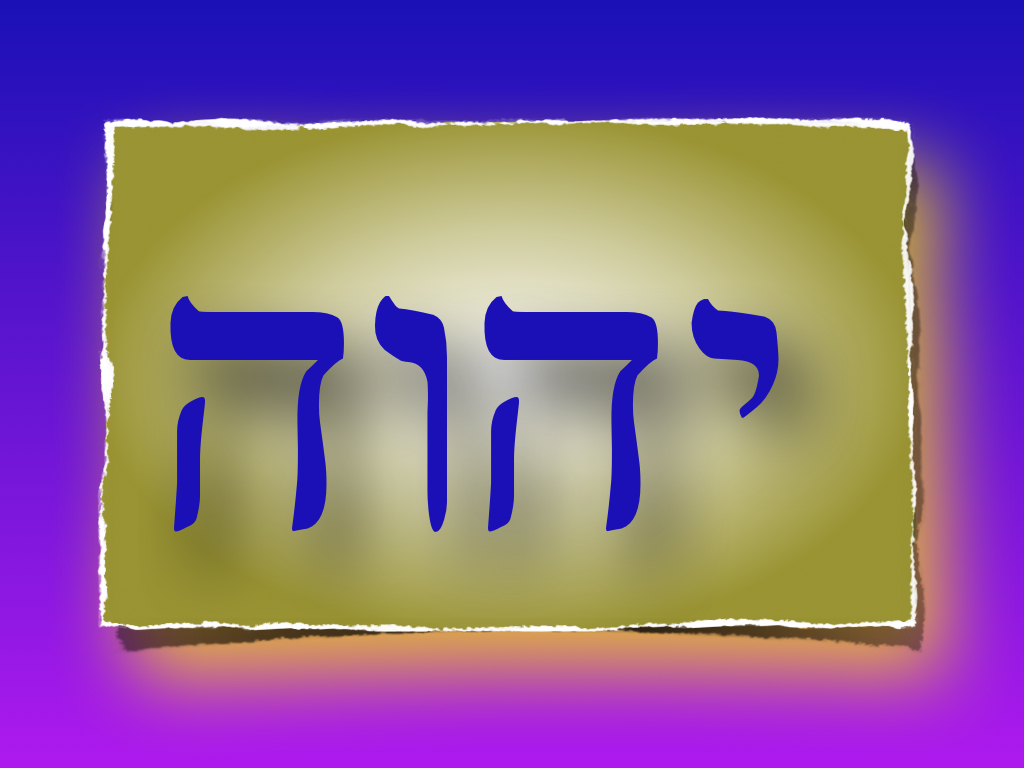
2 Samuel 7
2 Samuel 7:9, I have…cut off all your enemies.YHVH informed David through Nathan the prophet that he had cut off all David’s enemies. However, this didn’t occur by David sitting on his thumbs and doing nothing, while, at the same time, expecting YHVH to defeat his enemies for him. No. David had to actively and aggressively literally fight against his enemies. Only then did YHVH help David to defeat them. There is a lesson here for us. If we need deliverance from our enemies (e.g., sin, addictions, sickness, poverty, demons, persecution, evil people or whatever), we have to do our part. Sometimes, YHVH will give us novel and unconventional ways to defeat our enemies as he did on many occasions with David and the Israelites at other times. Nevertheless, for YHVH to intervene miraculously on behalf of his saints, they still needed to be doing their part: seeking him and trusting in, obeying him and sometimes even physically battling their enemies. Although it appears nowhere in the Scriptures, it would seem that the old adage that Elohim helps those who help themselves has some merit.
2 Samuel 7:12–14, After. A Messianic prophecy. After(in verse 12) is the Hebrew word acharmeaning “following, hereafter, afterwards, behind.”Was this prophecy of Nathan fulfilled in Solomon, David’s son and the subsequent king over Israel? Certainly Solomon’s reign followed, was after or behind David’s kingly reign. Furthermore, when this prophecy was given Solomon was not yet born. This did not happen until David’s liaison with Bathsheba in chapter 11. So it appears that this prophecy could have been fulfilled by Solomon…until we come to verse 13, 16 and Whoever the subject of this prophecy is, it is said that his kingdom will last forever (verses 13 and 16). This certainly was not the case with Solomon. The biblical record shows us that the kingly line of David ceased in 586 B.C. (lasting only a little more than 400 years) with the conquering of Judah by the Babylonians.

Furthermore, this prophecy speaks in verse 19 of David’s house lasting “a great while to come”(KJV).The ArtScroll Stone Edition Tanach renders the same passage as follows: “in the distant future.”The Complete Jewish Biblereads “on into the distant future.”Additionally, it was said of David’s descendant who would build this house (temple) and establish a throne that it would last a long while into the future and that YHVH would be his father and he would be YHVH’s son (verse 14). This was the case with Solomon for a while until he became apostate in his latter years. There is no clear biblical record that he ever returned to YHVH, his father.
It is true that YHVH promised to establish Solomon’s throne forever (1 Kgs 2:45; 9:5; 10:9; 1 Chron 17:12, 14; 22:10), but conditional only upon Solomon’s faithful obedience to YHVH (1 Kgs 9:4, 6–9). This Solomon failed to do and his throne was not established forever.
There was one Person, however, who descended from David who was obedient to all of YHVH’s commandments, whose father was YHVH-Elohim, and who established the throne of David forever: It was Yeshua the Messiah. In fact, 2 Samuel 7:14 even speaks of the virgin birth of this Messianic figure when it says quite literally, “I will be his father, and he shall be my son.”
To add more validity to our contention that 2 Samuel 7:12–19 is a prophetic reference to the Messiah, let us look at Psalm 45:6ff (cp. Heb 1:8), which is a notable messianic passage: “Thy throne, O Elohim, is for ever and ever: the scepter of thy kingdom is a right scepter.” Isaiah 9:6–7 contains a similar messianic prophecy: “For unto us a child is born, unto us a son is given: and the government shall be upon his shoulder: and his name shall be called Wonderful, Counsellor, The mighty Elohim, The everlasting Father, The Prince of Peace. Of the increase of his government and peace there shall be no end, upon the throne of David, and upon his kingdom, to order it, and to establish it with judgment and with justice from henceforth even for ever. The zeal of the YHVH of hosts will perform this.
It is our belief in light of the above facts that Nathan the prophet gave David a prophecy about his throne being established forever through the yet unborn Solomon who, had he remained obedient to YHVH’s commandments, would have been the recipient and fulfiller of this prophecy. However, since Solomon turned away from YHVH the prophecy of Nathan defaulted to its secondary and more important fulfillment, that is, Yeshua the Messiah would become the eventual recipient of King David’s throne forever.
2 Samuel 10
2 Samuel 10:5, Beards have grown.Obviously it was the custom for all Israelite men to have beards in biblical times. If not, then these men would not have been ashamed simply to shave off the other half of their beards and return to Israelite society clean shaven.
2 Samuel 12
2 Samuel 12:8, Your master’s wives into your bosom.This phrase can’t be construed as YHVH’s carte blanche approval or promotion of polygamy. According to The TWOT, bosom (קיח/khake) in Hebrew has a variety of meanings (depending on context). It can be a euphemism for sexual intimacy (Gen 16:5), or can represent a variety of other abstract or figurative ideas from family intimacy (Deut 28:54; Mic 7:5), tender care or concern for a pet animal (2 Sam 12:3), a mother’s care her child (1 Kgs 17:19; Ruth 4:16), and YHVH’s caring for his people by carrying them figuratively in his arms (next to his breast, Isa 40:11). In the case of 2 Samuel 12:8, YHVH giving the old king’s wives into the new king’s bosom showed the new king’s authority over the old king, since that which belonged to the previous king now belongs to the new king. In accordance with khake meaning “to care for,” some English Bibles have translated the phrase “into your bosom” (KJV) as “into your care” (see NAS95), or “into your keeping” (NKJV).
2 Samuel 15
2 Samuel 15:7, Forty years.This is impossible. This is likely a copyist error in the Masoretic Text. Some LXX manuscripts, the Aramaic and Josephus say “four years.” The rabbinic sages admit that this could not have meant the fortieth year of David’s reign, since that was the year he died, and as the last chapters of 2 Samuel show, he lived for at least another several years after this incident. The Jewish sages say that this 40 years is reckoned from the time that Samuel anointed David king (The ArtScroll Rubin Edition 2 Samuel Commentary).
This is not the only place in the Tanakh where the some LXX manuscripts, the Aramaic and sometimes the Dead Sea Scrolls are odds with the Masoretic Text. (See note at 1 Sam 6:19.)
2 Samuel 15:23, Brook Kidron.This brook which flowed in the Kidron Valley, which is east of the old city of Jerusalem and is at the base of the Mount of Olives, is about 39 feet higher today and is located about 89 feet to the east than in ancient times because of the rubble that was dumped therein. At that time, run-off and flash floods during the rainy season would drain down into the Kidron Valley making it a seasonal watercourse. The rest of the time, it was dry. At the base of the Kidron Valley, the Cheesemongers (or Tyropoeon) and the Hinnom Valleys merge into the Kidron (International Standard Biblical Encyclopedia, vol. 3, p. 14). In ancient Jerusalem, the Cheesemongers Valley that ran west of the present Temple Mount’s western wall served as a drain for the runoff and sewage of the temple area (Golden Jerusalem, by Menashe Har-El, p. 59). Blood from the temple sacrifices and sewage flowed down the Cheesemongers Valley into the Kidron Valley where the it acted as fertilizer for the luxurious King’s Garden (2 Kgs 25:4; Neh 3:15; ibid., p. 159). Excess water from the Gihon spring also flowed into the lower section of the Kidron Valley and into the King’s Garden International Standard Biblical Encyclopedia, vol. 3, p. 14).
The Kidron Valley begins at the watershed of the Judean mountains and flows east in a twisting and turning manner to the Dead Sea south of the Qumran ruins (Golden Jerusalem, by Menashe Har-El, p. 92). On the opposite side of the water-divide and the west of the Kidron Valley is Nahal Sorek, which flows to the Mediterranean Sea. Both of these valleys serve as roadways. The western valley connected to Sea Road (Via Maris) along the Mediterranean and Jaffa, while the eastern valley connected to the King’s Road near the Jordan Valley. When the Messiah comes, Jerusalem will be a source of living waters which will flow in these valleys to the east and west all year long (Zech 14:8; ibid. p. 89).
The Kidron Valley drained the Mount of Olives and Mount Scopus in the east and much of Jerusalem on the west and formed the borderline between the tribes of Benjamin and Judah.
The Kidron Valley is subdivided by name into several smaller valleys. The section of the valley directly below the Mount of Olives is called Valley of Gethsemane. The next section of the Kidron Valley is considerably deeper and is called the Valley of Jehoshaphat (Joel 3; 2, 12). This is the present area of the Absalom and Zechariah’s tombs or monuments. The next section is called the Valley of Shiloach, since the Gihon Spring flowing into the Pool of Shiloach overflows into this part of the valley. This is the present site of the Arab village known as Silwan (ibid. pp. 92–93).
Various events and activities took place in different sections of the Kidron Valley and it was vital to the social and economic life of Jerusalem. For example, 2 Kings 23:4 mentions “the fields of Kidron, which referred to the grain fields that grew there. According to the Mishnah, the omer offering was brought to the temple from this area (Menahot 10:2–5; 8:1). The southern slope of these fields are warmed by the sun most of the day and produces the earliest barley crop in Jerusalem. In the years when the barley crop didn’t ripen in time for the omer offering, the barley was brought from elsewhere as far away as Shechem (ibid. pp. 93–94). Other grain crops such as wheat and oats that were used in the temple service were cultivated in the Kidron Valley and other valleys in the area as well (ibid., p. 161).
The Kidron Valley was also used as a dump for dead bodies and ashes (Jer 31:40; ibid. p. 93).
2 Samuel 16
2 Samuel 16:22, All Israel. (Also see notes at Zech 14:2.)All is the Hebrew word (kol, kal/לכ) depending on grammatical construction and context can mean “all, every, any, whole, none, the whole of something, all kinds of, all sorts of, a great variety of” according to The TWOT. In this case, clearly, every single person in the entire country of Israel did not watch Absalom have sex with his father’s concubines. All Israel is Hebraic hyperbole meaning “all Israel that was there and saw it.” There are many other examples in the Scriptures where all doesn’t mean all in the sense we mean it in English. For example,
See Ezra 10:5 cp. 8:25 where “all Israel” means “all/ those of Israel who were present.” In this case, only representatives from the southern kingdom primarily comprised of the tribes of Judah and Levi were present. This we know for Ezra lists those who returned from Babylon in chapter two.
Matthew 3:5 records that “all Judaea” went out to see Yeshua. If all is to be taken literally, then every man, woman and child (including the old, infirm and crippled) went out to see Yeshua. This is impossible. This is another example of a hebraism meaning “all those that were present.”
In Romans 11:26, Paul states that “all Israel will be saved.” Unless one believes in the concept of universal salvation where even the devil will be saved, this cannot mean that every Israelite who has ever lived will be saved. Paul’s statement is taken to mean, “all those who will be saved, will be saved.”
2 Samuel 18
2 Samuel 18:18, A pillar [monument].In the Kidron Valley at the base of the Mount of Olives in Jerusalem, there is a 47-foot tall rock monument known as Absalom’s Tomb or Pillar. Tradition says that this was the tomb of Absalom, though modern scholars date the tomb only to the first century. In 2003, a fourth-century inscription in ancient Greek letters in the tomb’s interior was deciphered, which reads, “This is the tomb of Zachariah, the martyr, the holy priest, the father of John.” This tomb is to be distinguished from the Tomb of Zachariah the son of Johoiada also in the Kidron Valley near the Garden of Gethsemane at the base of the Mount of Olives. (See note at Matt 23:35.)
2 Samuel 21
2 Samuel 21:1–14, David avenges the Gibeonites.This story lends credence to the concept of generational curses. In this case, Saul failed keep Joshua’s vow to the Gibeonites to protect and to preserve them when he killed some of them. Years later, YVHH brings a famine on the nation of Israel, which David, somehow, links back to Saul’s sin as its cause. David repents to the Gibeonites for Saul’s sin, makes restitution and YHVH blesses Israel and the famine ceases. One can only wonder how many of Elohim’s judgments our nation has brought upon itself for failing to acknowledge various national sins such as abortion, the legalization and endorsement of homosexuality and other perverse lifestyles along with homosexual “marriages,” and other vile activities our government has perpetrated against its own citizens and those of other countries for the advancement of its Babylon the Great New World Order agendas for the purposes of power and money.







